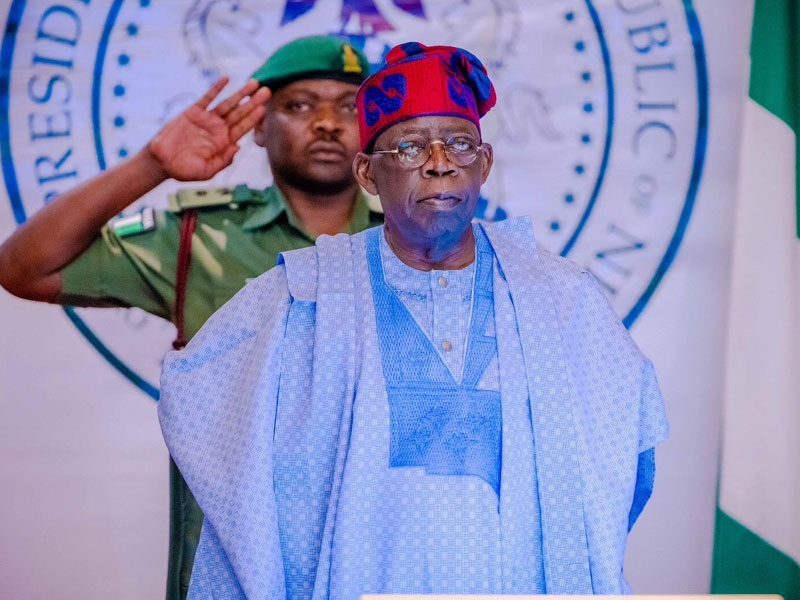Nigerian authorities released 29 children on Tuesday, who had been detained for over two months and faced potential death penalties for their alleged involvement in protests against the country’s severe cost-of-living crisis. The release came after growing calls for their freedom.
The children, aged 14 to 17, appeared joyful and full of energy as they waved to cameras outside the court in Abuja, where they had stood trial. This was in stark contrast to their initial appearance in court, when they appeared malnourished and poorly dressed, with some having collapsed from exhaustion.
They were among more than 70 individuals charged with offenses such as property destruction, mutiny, and treason—crimes that carry the death penalty—following protests in August that led to clashes with security forces. Some demonstrators were killed, and many others were arrested.
Ado Abdullahi, a father of two detained children, stated that his sons had not participated in the protests in their home state of Kano but were instead running errands when they were arrested and taken to Abuja. “The police just came and took them,” Abdullahi told The Associated Press.
Another father, Ikililu Sani, said his son, Habibu, was arrested while retrieving his motorcycle from a repair shop. The children’s detention had remained unknown until their court appearance, which sparked outrage and raised concerns over Nigeria’s human rights record.
Under mounting pressure from activists, President Bola Tinubu ordered their release on Monday and instructed an investigation into the law enforcement officers responsible for the arrests and prosecution.
While police initially defended their actions, they later announced an investigation into the treatment of the minors while in custody.
Lawyers and activists are now calling on the government to ensure the children’s well-being and provide educational support. “Their release is just the first step in the right direction,” said Marshal Abubakar, one of their legal representatives.





